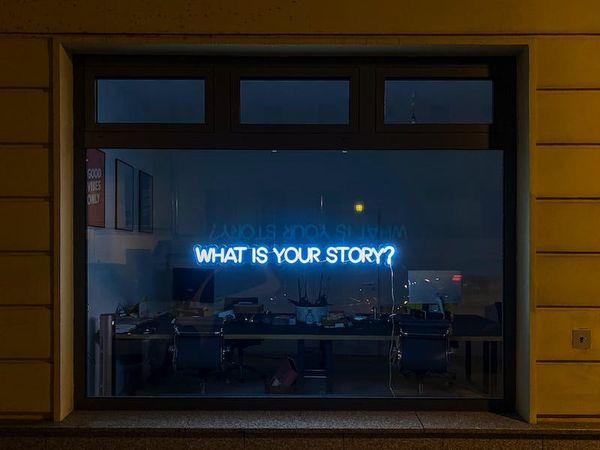The myth of "unmotivated"

Welcome back to the Effortless Action Newsletter! Every Wednesday, I share findings from across a range of disciplines to better understand “What gets us to take action?”
When you’re unmotivated, what do you usually do?
Usually, we procrastinate the things we know we should do. We’ll scroll on social media, play video games, clean around the house, make some coffee, anything to make sure we don’t have to do that dreaded task of ours.
During these times, especially when we’re scrolling on the endless supply of social media, we compare ourselves to the facade of influencers lecturing about motivation and taking action. We assume that an ounce of their motivation will rub off on us, but it ends up doing the opposite. We think that those people were just blessed with the gift of productivity and motivation, when we were dealt the hand of laziness.
Rant aside, let’s get back to those things you’re using to procrastinate. Aren’t you motivated to do those things? If you had no motivation, you’d just be sitting there, doing nothing. (Even then, wouldn’t you be motivated to do just that?)
Motivation isn’t just our willingness to take action on what we should do. It’s our drive to take any action, regardless of how positive or negative it may be. We all have motivation. In each of our brains, there’s little dopamine molecules floating from one neuron to the next.
The issue with telling yourself “I’m unmotivated” or “I’m just lazy,” is that it reinforces an identity. Someone who’s lazy doesn’t take action on their goals. Someone who’s unmotivated is stuck in a rut.

Identities are difficult to change. They are little pieces of who we are that we act in accordance with. Any threats to our identities are threats to our sense of who we are. If you have the “unmotivated” identity, taking action is a threat to your sense of self.
Here’s the punchline:
When we ditch this notion of “I’m unmotivated” and tell ourselves “I don’t feel motivated to do this task” then it’s a lot easier to negotiate with ourselves to do it.
These thoughts shape our beliefs and our beliefs reinforce our identity. When we change our thoughts from being identity-focused to being emotional-focused, then we can start making changes without threatening our sense of self.
Forget about the identity, focus on the emotion.
From there, try not to do anything. Make yourself bored. Don’t scroll on social media or distract yourself with something else. Sit there with your feelings and reflect. Grab a pen and paper if it helps to clarify your thoughts.
- What is it that you want to achieve and why?
- What do you not feel like doing and why?
- What would be the first, smallest step to taking action?
In these moments, it takes a little bit of strength to push through to taking action, so if you’re out of reserves for the day, you may be SOL. But if you have a tiny bit of strength in you, use that to take the first, smallest step. It could be opening up the document of the piece you’re writing, or even just writing out the next steps for a task.
During this time, try to negotiate with your feelings. A lot of the time we try to use brute force to overpower our emotions with logic, but that’s not how our brains work. Understand why your brain doesn’t want to do the task.
- Do you think you’ll fail?
- Are you not clear on the next step?
- Is it perfectionism creeping up?
- Or is the task just not fun to do?
When you understand the reason behind it, you can create a strategy to deal with these different types of procrastination , and get started on the road to take action.
Over time, you can start to build the habit of stopping and reflecting before giving in to the instinct to do other things. From there, you can become the type of person who shows strength in those moments of reflection to take action on what it is you need to do.
As with all things, it’s easy for me to sit here on my high horse proclaiming the simple way to achieve all of your dreams without putting in any effort, but we’re in this together. I’m right here walking this unknown path with you, struggling, and trying to build strength in these moments of reflection.
TLDR;
- When you don’t want to do something, shift your focus from identity to emotion
- Pause and reflect on why you don’t want to take action
- Negotiate with your feelings to take the next step
Thanks for reading!
Hey you. Thanks for reading to the bottom!
If you enjoyed this, there’s much more to come. I’d love to hear your feedback, either through a comment on Substack, or you can simply reply to this email. What’d you think of this less structured piece?
I hope you have a wonderful day, and as always, I’ll work on creating a catchy phrase to end this newsletter with.
(Though I don’t really feel like it right now.)



